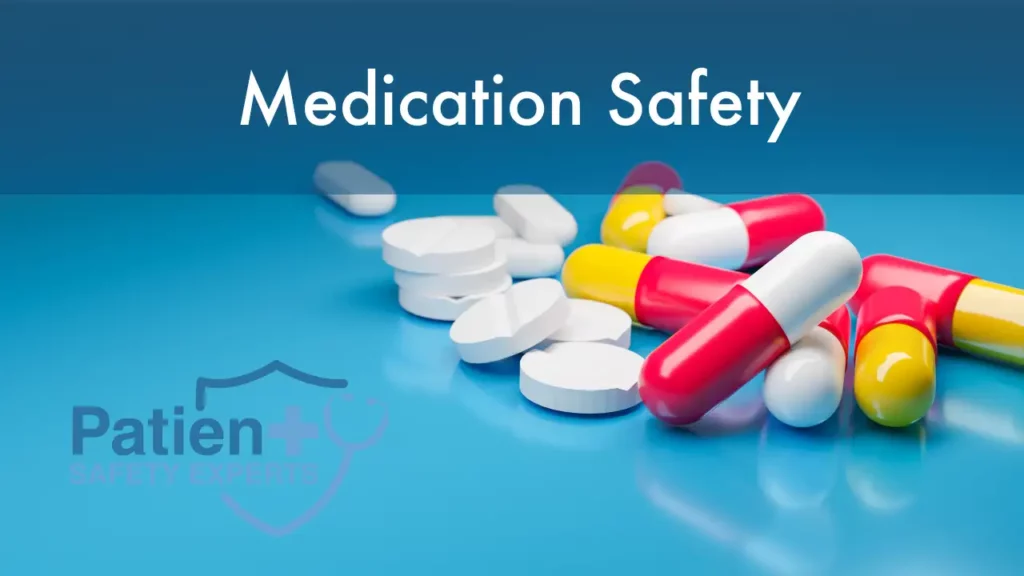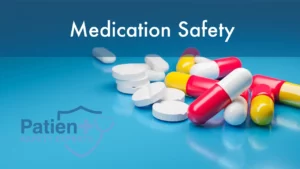Stress-Dose Steroids for Anesthesia: A Comprehensive Insight
In the vast field of anesthesiology, stress-dose steroids are often confusing, primarily when catering to patients with adrenal insufficiency or those on chronic corticosteroid therapy. This blog post delves deep into understanding stress-dose steroids, their importance, and their application in anesthesia.
What Are Stress-Dose Steroids?
The human body, under normal circumstances, produces cortisol, a glucocorticoid secreted by the adrenal glands. Cortisol plays a fundamental role in various physiological processes, including glucose metabolism, maintaining blood pressure, and enabling the body to respond to stress. Some medical conditions or long-term corticosteroid medications can hamper this natural cortisol production, leading to adrenal insufficiency.
Stress-dose steroids, often supplemental hydrocortisone, are given to these patients to mimic the natural surge of cortisol that would typically occur in response to the stress of surgery. It aids in preventing potential complications such as hypotension and shock.
The Rationale for Stress Dose Steroids
- Mimic Natural Cortisol
- Prevent Hypotension
- Avert Surgical Shock
When Are They Necessary?
- Primary Adrenal Insufficiency: This is a direct result of adrenal gland dysfunction, often due to conditions such as Addison’s disease. In these cases, the adrenal glands produce insufficient amounts of cortisol.
- Secondary Adrenal Insufficiency: A consequence of pituitary gland dysfunction where there’s reduced secretion of adrenocorticotropic hormone (ACTH). Chronic exogenous steroid therapy is a common reason for secondary adrenal insufficiency.
Patients with a known history of adrenal insufficiency or those undergoing long-term corticosteroid therapy are at the highest risk. Furthermore, any patient undergoing major surgery or those with a history suggestive of potential adrenal insufficiency (unexplained hypotension, electrolyte imbalances, chronic fatigue) might also benefit from stress-dose steroids.
Administering these steroids helps prevent complications like hypotension and shock, much like safe central line placement every time prevents complications in central venous catheterization.
The Stress Dose Steroid Dosage Conundrum
A common question in anesthesiology circles is: how much and when? The dosage of stress-dose steroids varies depending on the surgery’s intensity and the patient’s risk. While minor procedures might require maintaining the patient’s regular corticosteroid dose, major surgeries demand higher doses.
Typically, for adults:
- Minor surgery: Hydrocortisone 25 mg intravenously (IV)
- Moderate surgery: Hydrocortisone 50-75 mg IV
- Major surgery: Hydrocortisone 100-150 mg IV
It’s essential to administer the steroids before the induction of anesthesia. Subsequent doses might be given in the postoperative period, often tapering the dose to the patient’s baseline over 24-48 hours.
Is There Another Option To Stress Dose Steroids?
Actually, in a letter to the editor (1), Dr. David Wax makes a great point that:
“The lack of evidence, clinical confusion, and adverse effects of hydrocortisone seem to beg for a simpler solution. As it happens, there is one: dexamethasone 4 (or 8) mg. The 30+ fold glucocorticoid potency compared with hydrocortisone, absence of mineralocorticoid activity, and longer half life seem to make it a superior agent for perioperative supplementation for any level of stress.”
While there haven’t been any large-scale studies validating this theory, the general observation is that there is limited evidence even to support that any stress dose supplementation is necessary (2)
Potential Risks
Like any medical intervention, administering stress-dose steroids is not without its risks. Potential complications include:
- Hyperglycemia: Elevated blood sugar levels can occur postoperatively, requiring careful monitoring and management.
- Infections: High-dose steroids can suppress the immune system, increasing the risk of post-operative infections.
- Gastrointestinal bleeding: There’s a potential risk, although it’s rare.
So, Why Not Give Stress-Dose Steroids To Everyone?
Good question! While it might seem prudent to administer stress-dose steroids to every patient undergoing surgery, just in case, there are drawbacks. First, unnecessary steroid administration can predispose patients to the above-mentioned risks. Secondly, the inappropriate use of resources could lead to increased costs. Thus, a judicious evaluation is essential.
In Conclusion
The administration of stress-dose steroids in the perioperative period is a nuanced topic. It requires a solid understanding of the underlying physiology, a careful patient evaluation, and a judicious decision-making process to ensure the best patient outcomes. As anesthesiologists, understanding the critical importance of stress-dose steroids and their appropriate usage is paramount to providing comprehensive patient care. Always consult with your medical team to determine the best course of action for each individual patient.
The ASA Has Good Information on This Topic
Please see the following links and references:










